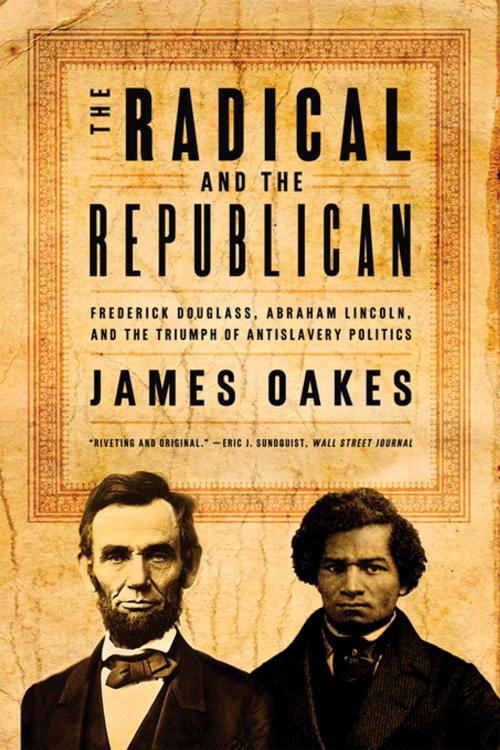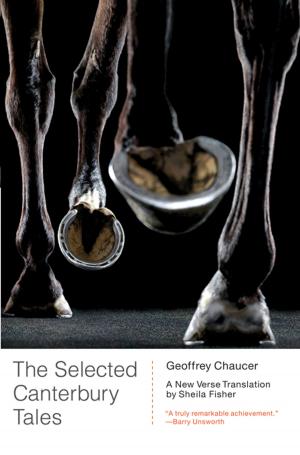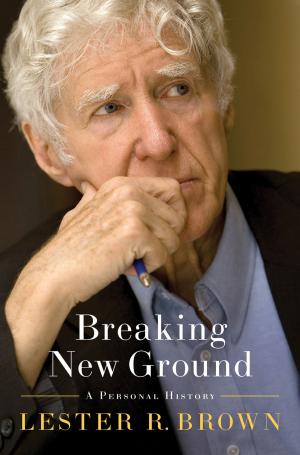The Radical and the Republican: Frederick Douglass, Abraham Lincoln, and the Triumph of Antislavery Politics
Nonfiction, History, Americas, United States, Civil War Period (1850-1877)| Author: | James Oakes | ISBN: | 9780393078725 |
| Publisher: | W. W. Norton & Company | Publication: | February 7, 2011 |
| Imprint: | W. W. Norton & Company | Language: | English |
| Author: | James Oakes |
| ISBN: | 9780393078725 |
| Publisher: | W. W. Norton & Company |
| Publication: | February 7, 2011 |
| Imprint: | W. W. Norton & Company |
| Language: | English |
"A great American tale told with a deft historical eye, painstaking analysis, and a supple clarity of writing.”—Jean Baker
“My husband considered you a dear friend,” Mary Todd Lincoln wrote to Frederick Douglass in the weeks after Lincoln’s assassination. The frontier lawyer and the former slave, the cautious politician and the fiery reformer, the President and the most famous black man in America—their lives traced different paths that finally met in the bloody landscape of secession, Civil War, and emancipation. Opponents at first, they gradually became allies, each influenced by and attracted to the other. Their three meetings in the White House signaled a profound shift in the direction of the Civil War, and in the fate of the United States. James Oakes has written a masterful narrative history, bringing two iconic figures to life and shedding new light on the central issues of slavery, race, and equality in Civil War America.
"A great American tale told with a deft historical eye, painstaking analysis, and a supple clarity of writing.”—Jean Baker
“My husband considered you a dear friend,” Mary Todd Lincoln wrote to Frederick Douglass in the weeks after Lincoln’s assassination. The frontier lawyer and the former slave, the cautious politician and the fiery reformer, the President and the most famous black man in America—their lives traced different paths that finally met in the bloody landscape of secession, Civil War, and emancipation. Opponents at first, they gradually became allies, each influenced by and attracted to the other. Their three meetings in the White House signaled a profound shift in the direction of the Civil War, and in the fate of the United States. James Oakes has written a masterful narrative history, bringing two iconic figures to life and shedding new light on the central issues of slavery, race, and equality in Civil War America.















